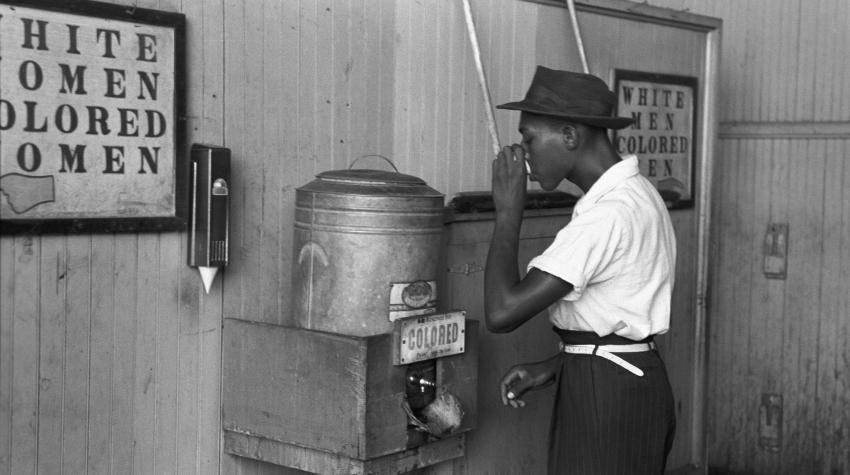Racism in Football – Football against Racism: The FARE Experience
Anti-racism campaigners have been busy over the last couple of months. Concerns over racism, xenophobia and far-right activity in and around football stadiums have reached fever pitch. Even though the new football season, 2007-2008, has barely started in Europe, we have already witnessed a progression of serious incidences.
Discrimination Against Indigenous Peoples: The Latin American Context
In discussing the issue of discrimination against indigenous peoples, it is tempting to paraphrase a preambular paragraph of the Convention on the Prevention and Punishment of the Crime of Genocide and say that at all periods of history, discrimination, in its many forms, has inflicted great losses on humanity.
State-led Efforts in Eliminating Racial Discrimination: The Experience in Spain
There is no denying the existence of racism in Europe. We pride ourselves on having advanced democratic systems, a legal framework that protects and guarantees the rights of the individual and a welfare State that supplies basic services to all citizens, equally.
Race and Poverty in Latin America: Addressing the Development Needs of African Descendants
Latin America has made solid economic strides over the past two decades in terms of sustained economic growth, increasing average income levels and decreasing average infant mortality rates.
Eliminating Racial Discrimination: The Challenges of Prevention and Enforcement of Prohibition
States Parties undertake to prohibit and to eliminate racial discrimination in all its forms and to guarantee the right of everyone, without distinction as to race, colour or national or ethnic origin, to equality before the law, according to the 1965 International Convention on the Elimination of All Forms of Racial Discrimination, notably in the enjoyment of political, civil, economic, social and cultural rights.
The New Untouchables Crime: Punishment and Race in America
The current American prison system is a leviathan unmatched in human history. Never before has a supposedly free country denied basic liberty to so many of its citizens. In December 2006, some 2.25 million people were being held in the nearly 5,000 prisons and jails scattered across America's urban and rural landscapes.
Bridging The Racial Divide: Model United Nations South Africa
One of the most enduring legacies of apartheid is that an entire generation of black South Africans was deprived of a decent education by a system designed to entrench racial oppression and subjugation.
Discrimination of Aboriginals on Native Lands in Canada
With inflated proportions of their neighbours in prison, on parole or at risk, the world's native communities have another urgent problem to contend with. Statistics show that the percentage of indigenous people in conflict with the justice system is extreme and in many places those numbers may be on the rise.
Poverty And Human Rights: Reflections On Racism and Discrimination
Currently, in both the international system and the inter-American system for the protection of human rights, there are instruments which emphasize the obligation of States to guarantee the observance of the rights of all human beings, without distinction as to race, gender, religion or political stance.

The Ideology of Racism: Misusing Science to Justify Racial Discrimination
In his exceptionally insightful book, Racism: A Short History, Stanford University historian George M. Fredrickson notes the paradox that notions of human equality were the necessary precondition to the emergence of racism.
Looking Beyond Durban: The Significance of Racial Discrimination on the International Human Rights Agenda
Resistance to discrimination goes back to the origin of the human rights concept. It was the rejection of differentiation of people on the basis of national, ethnic or social origin, religion and gender, as well as resistance against slavery, that marked the history of human rights.
A New Way of Dealing With the Past: The Young Generation in Germany Sheds Its Anxiety of Xenophobia
Students in present-day Germany learn early on: there is no denying their past. History teachers tell them that what their grandparents might have been a part of during the Second World War does not apply to them directly.
